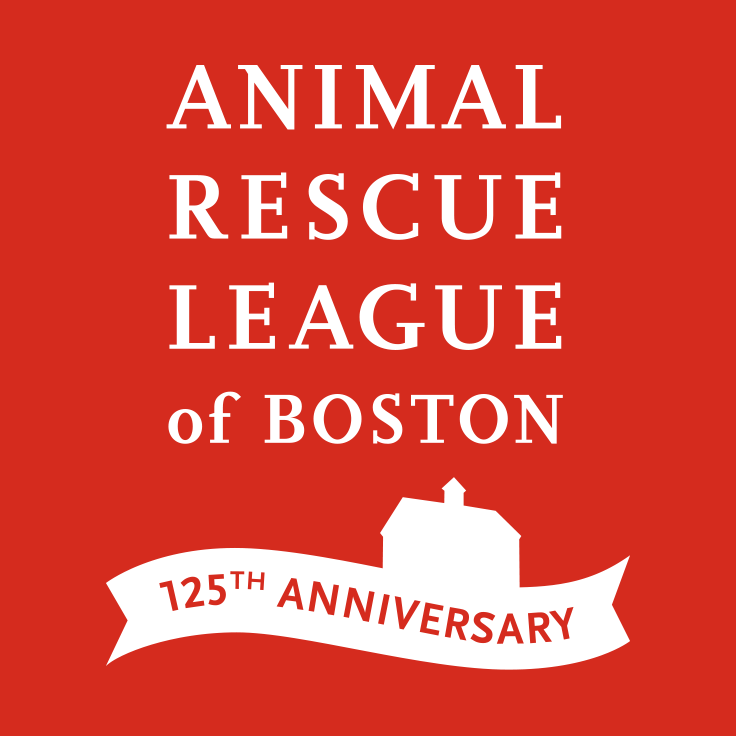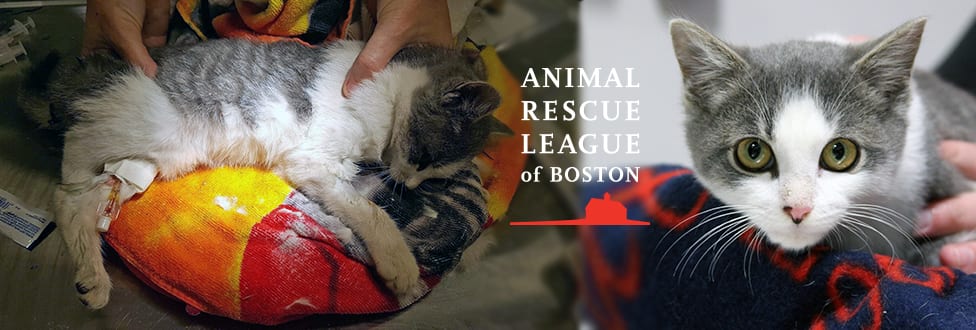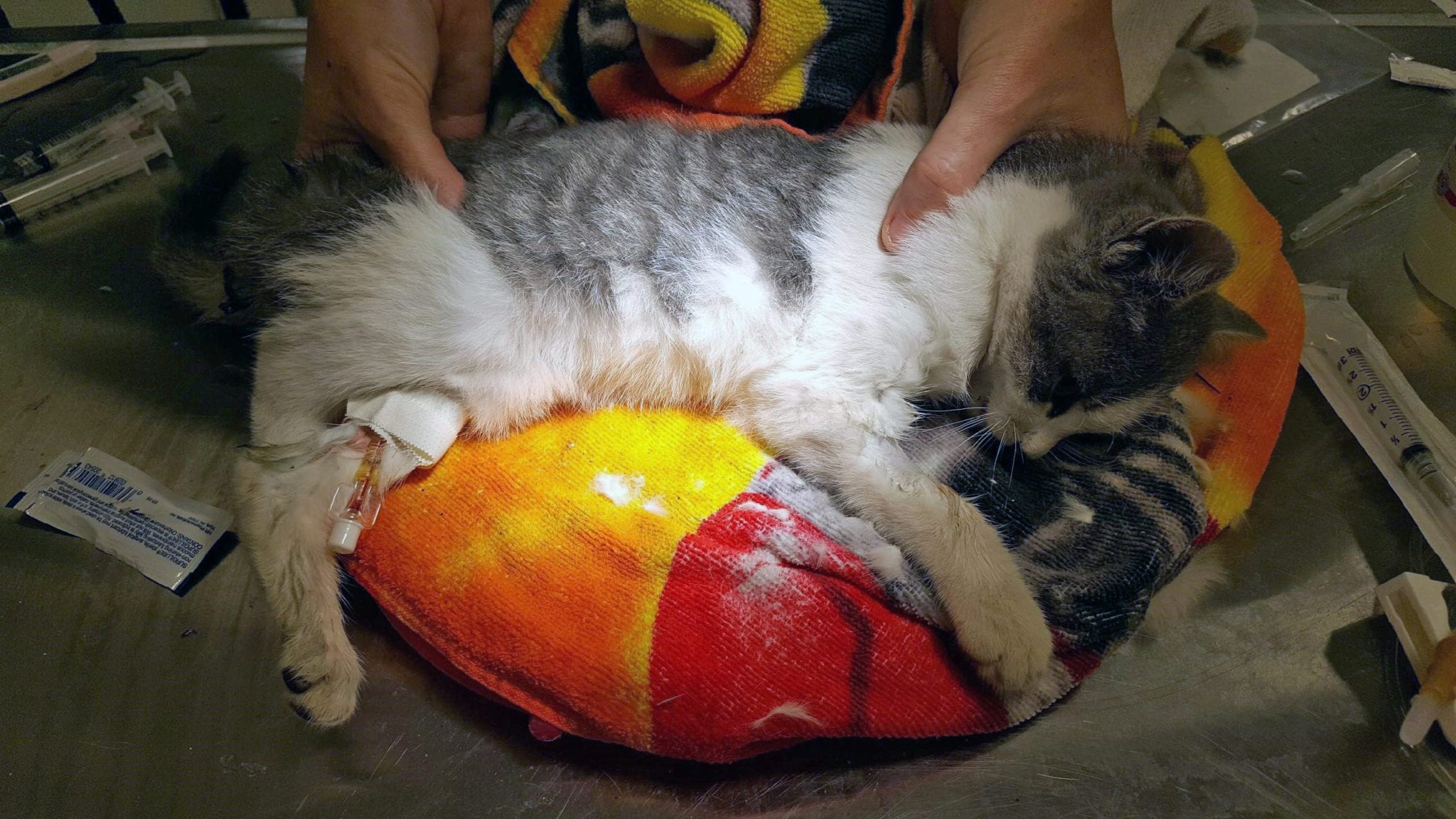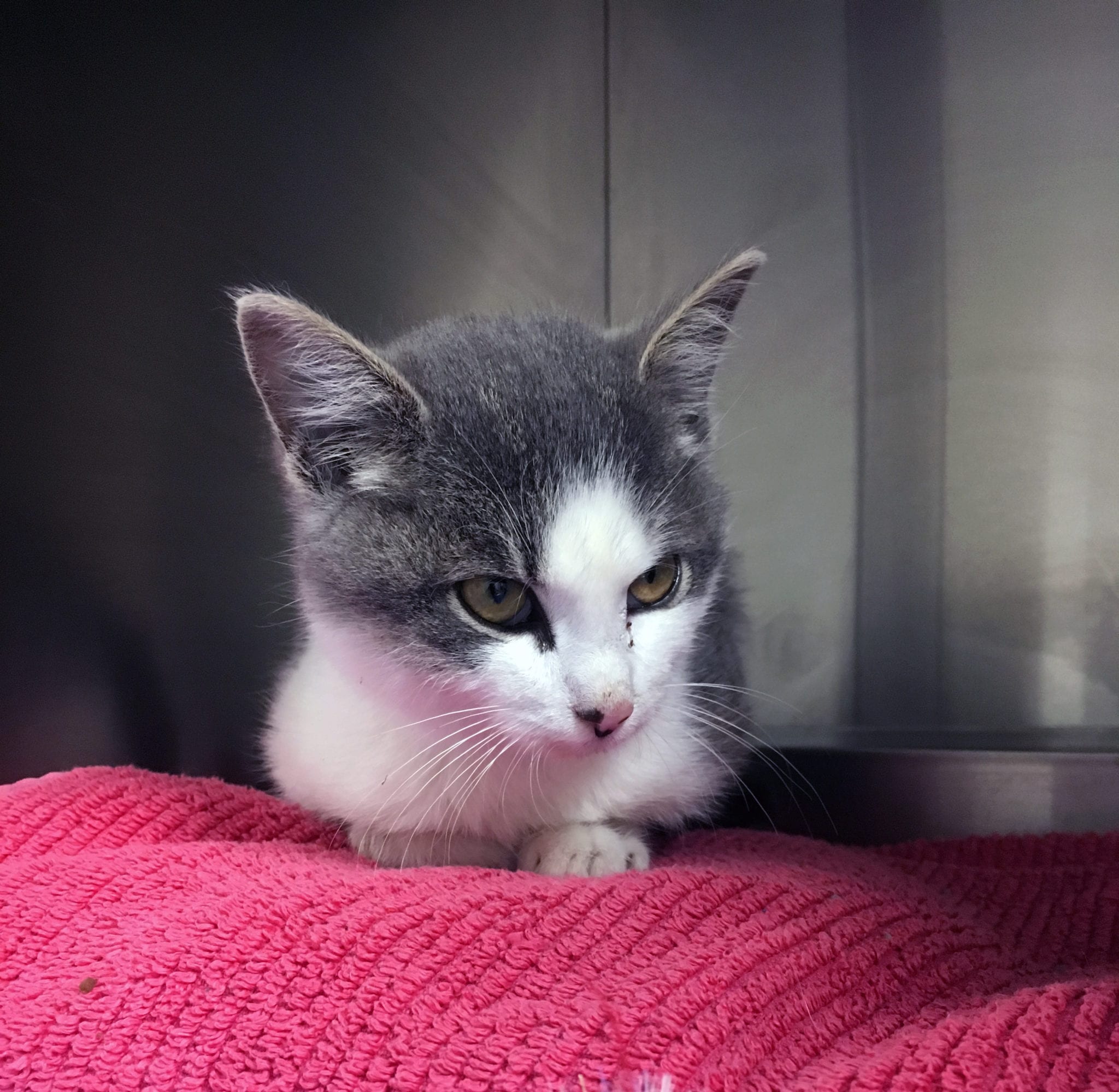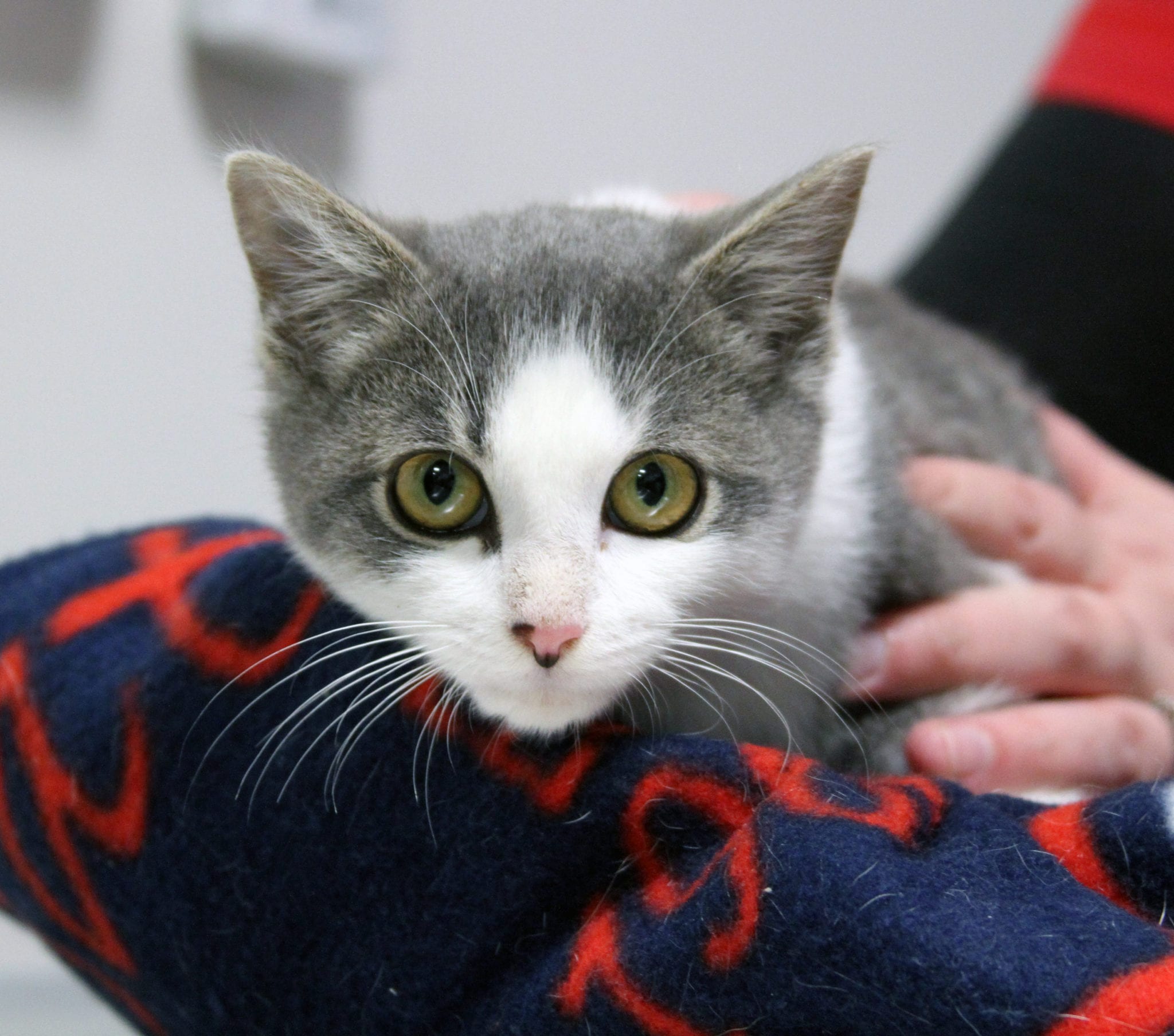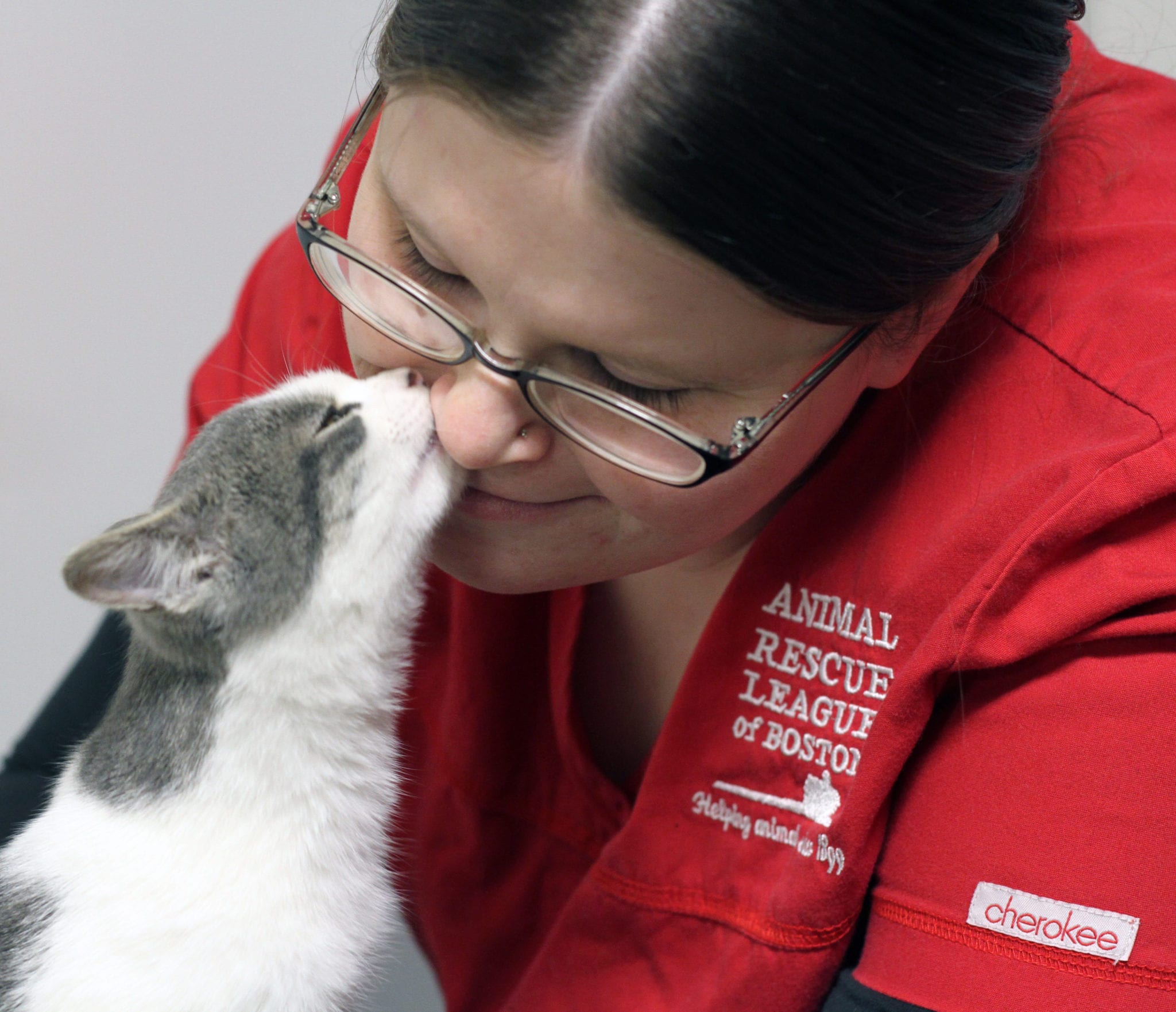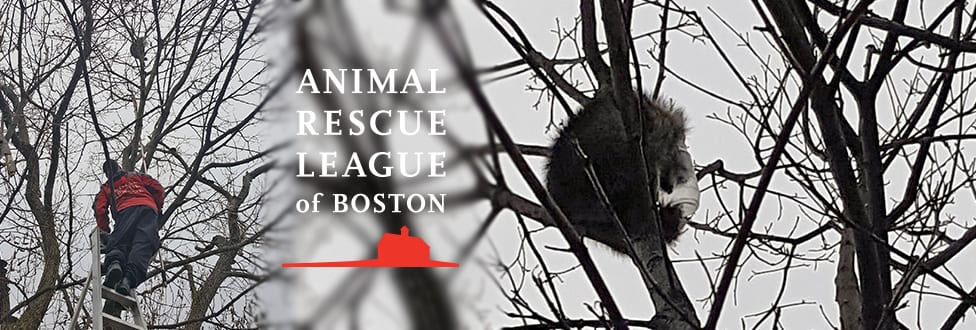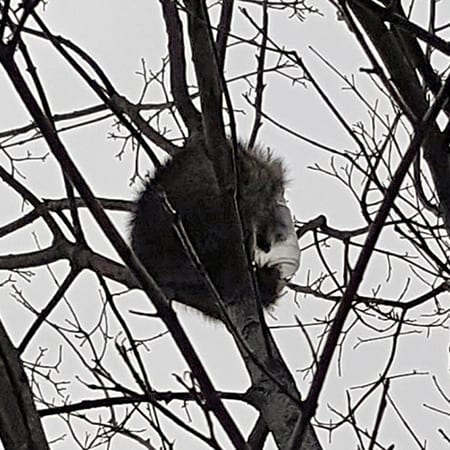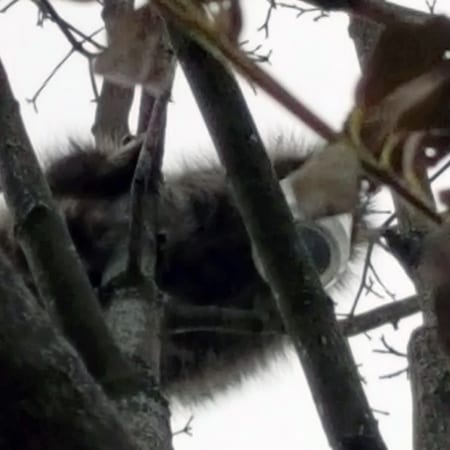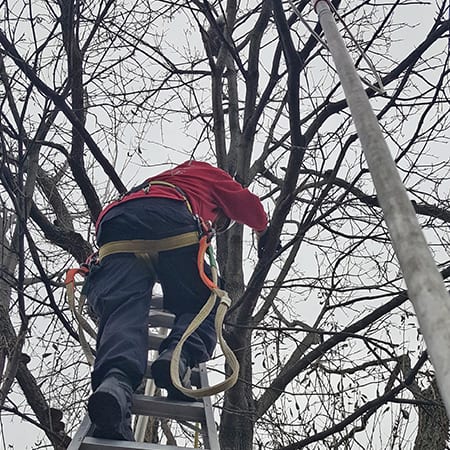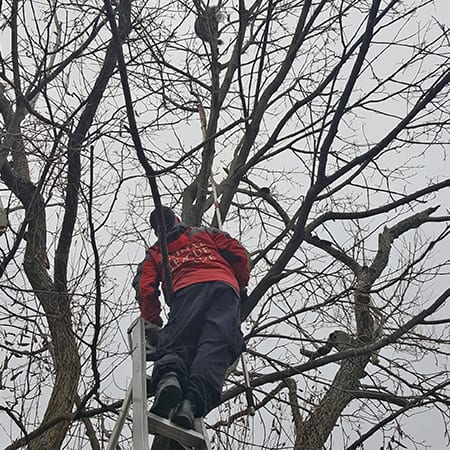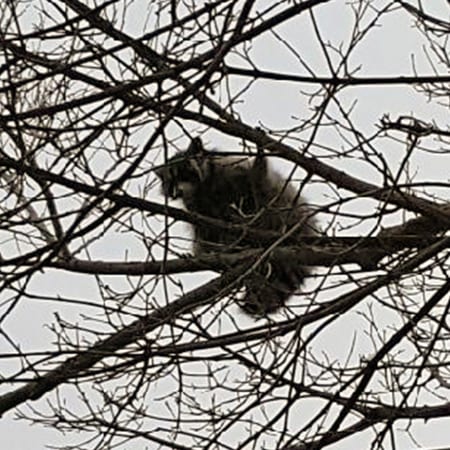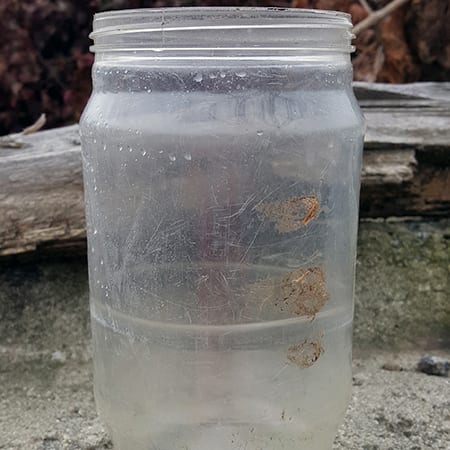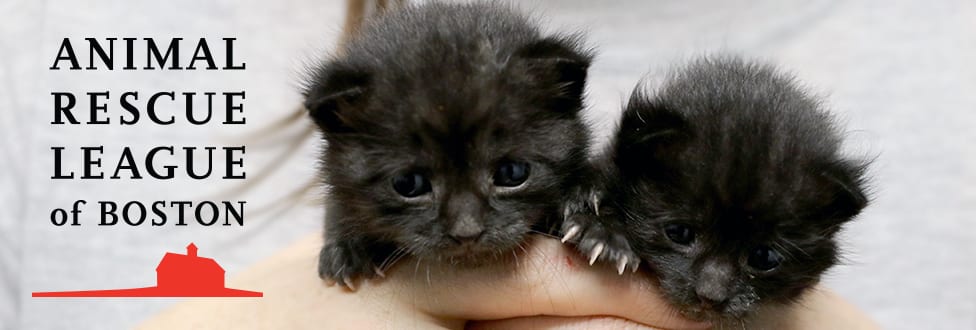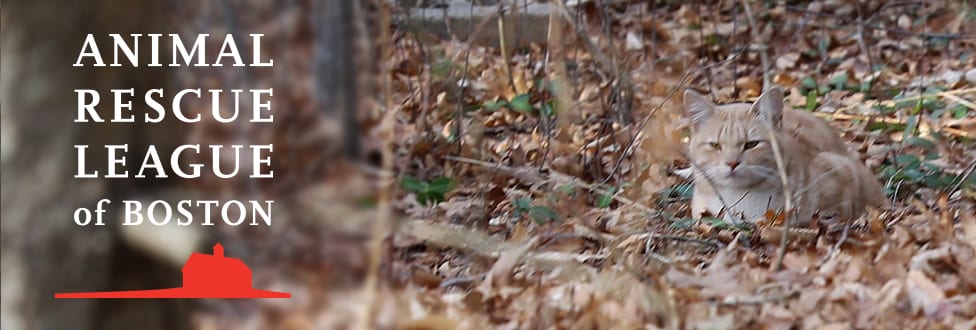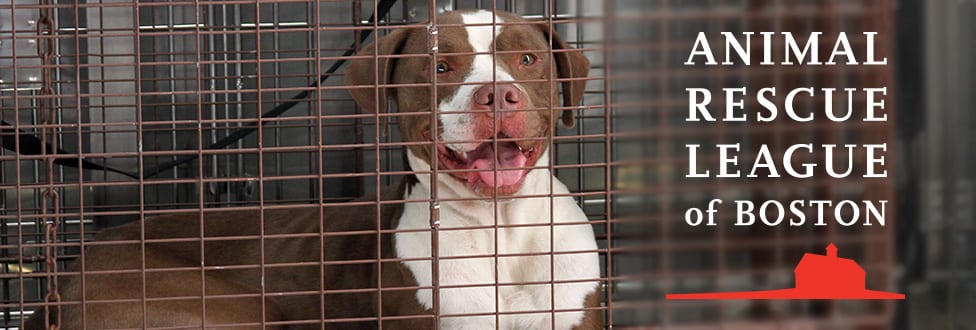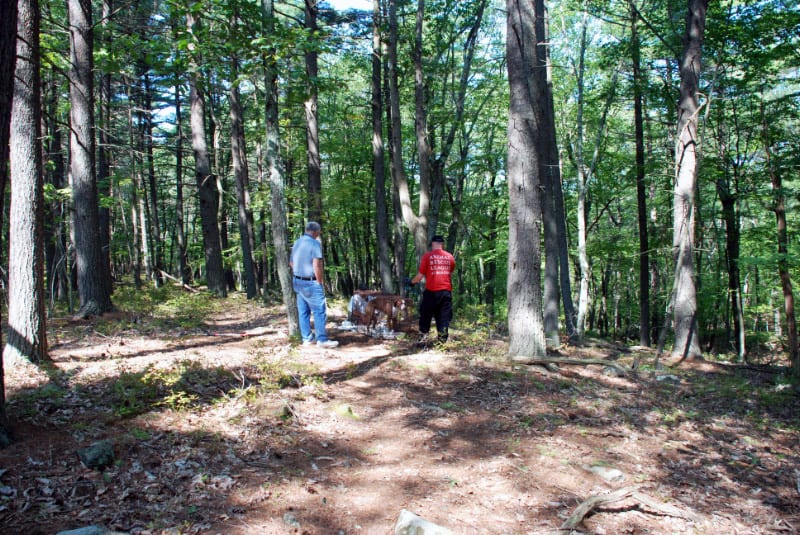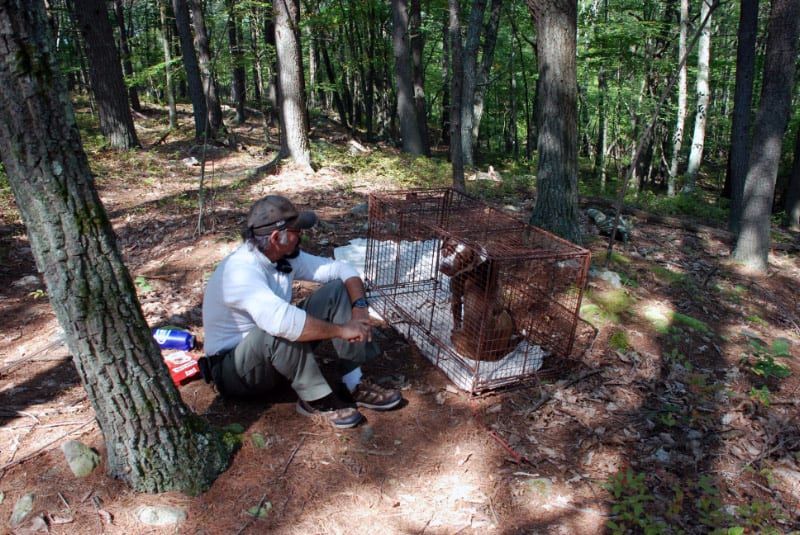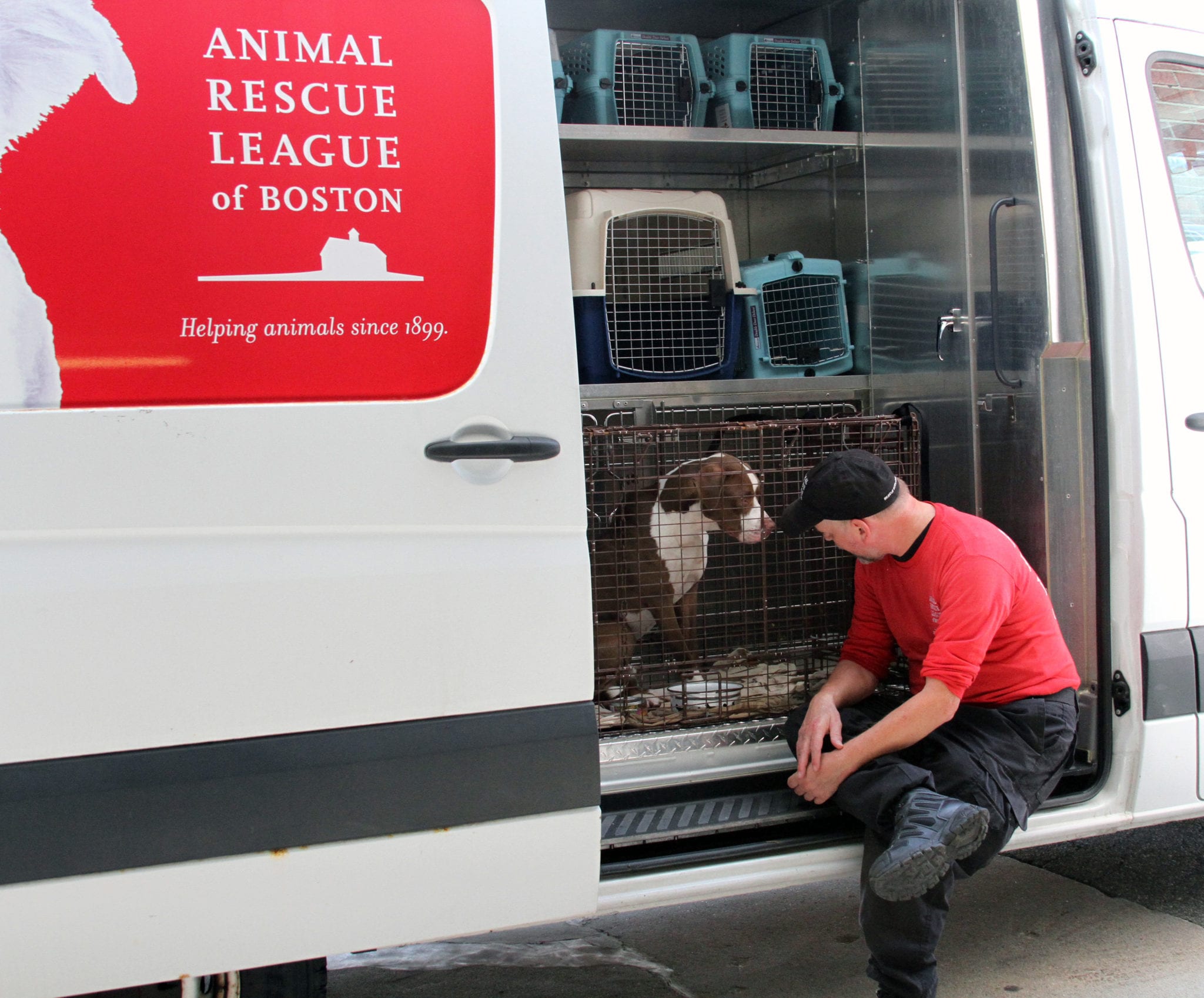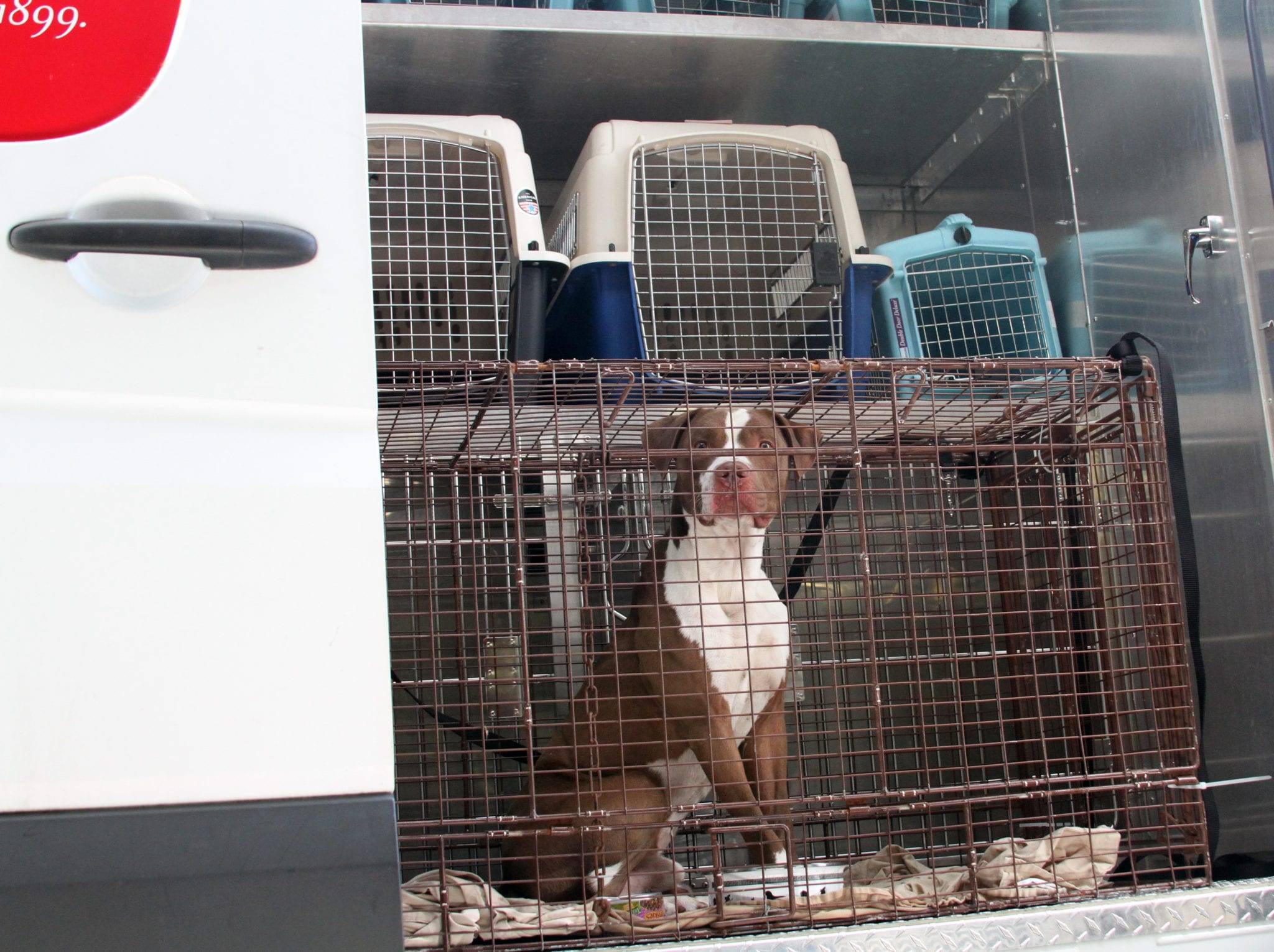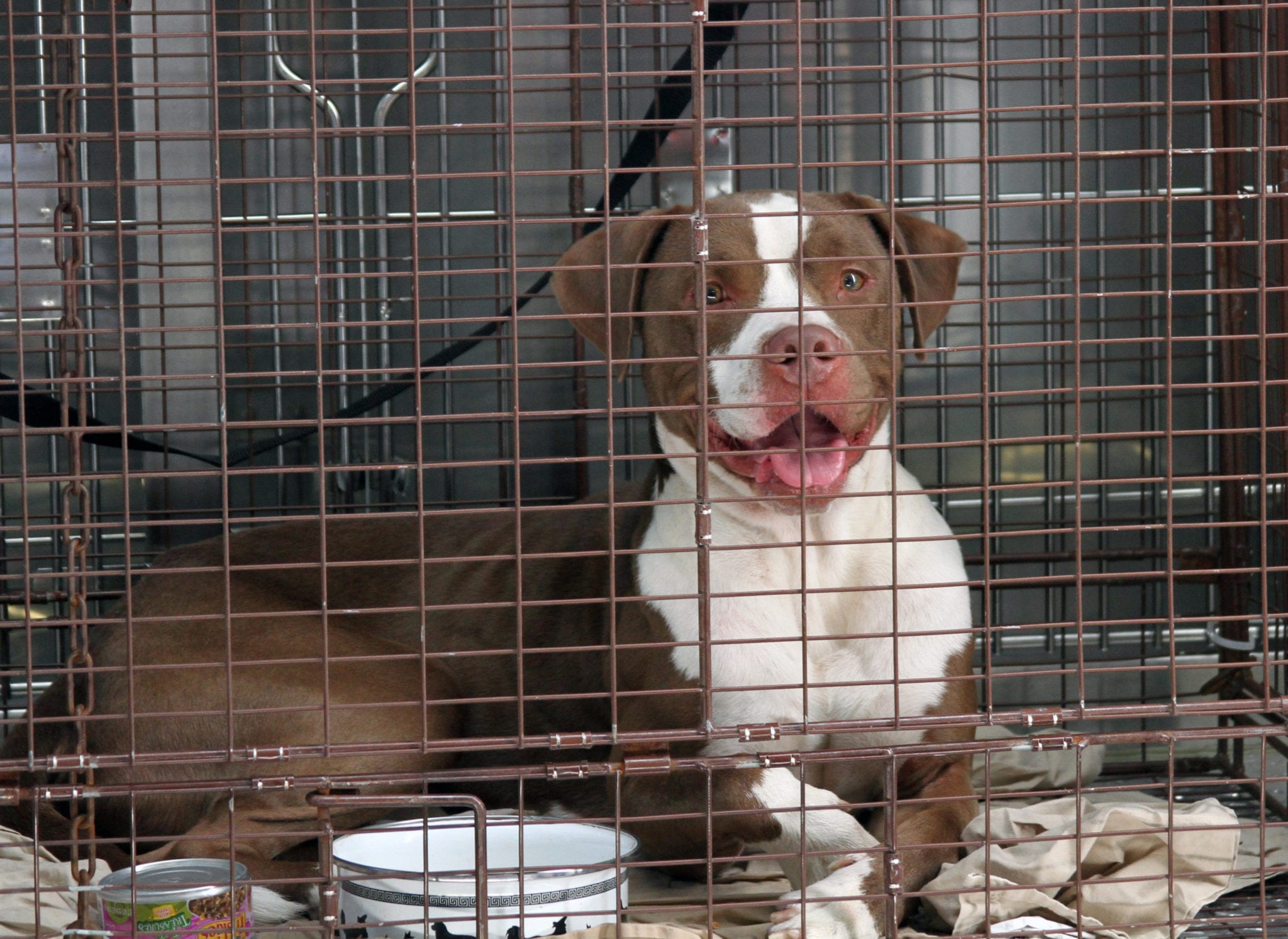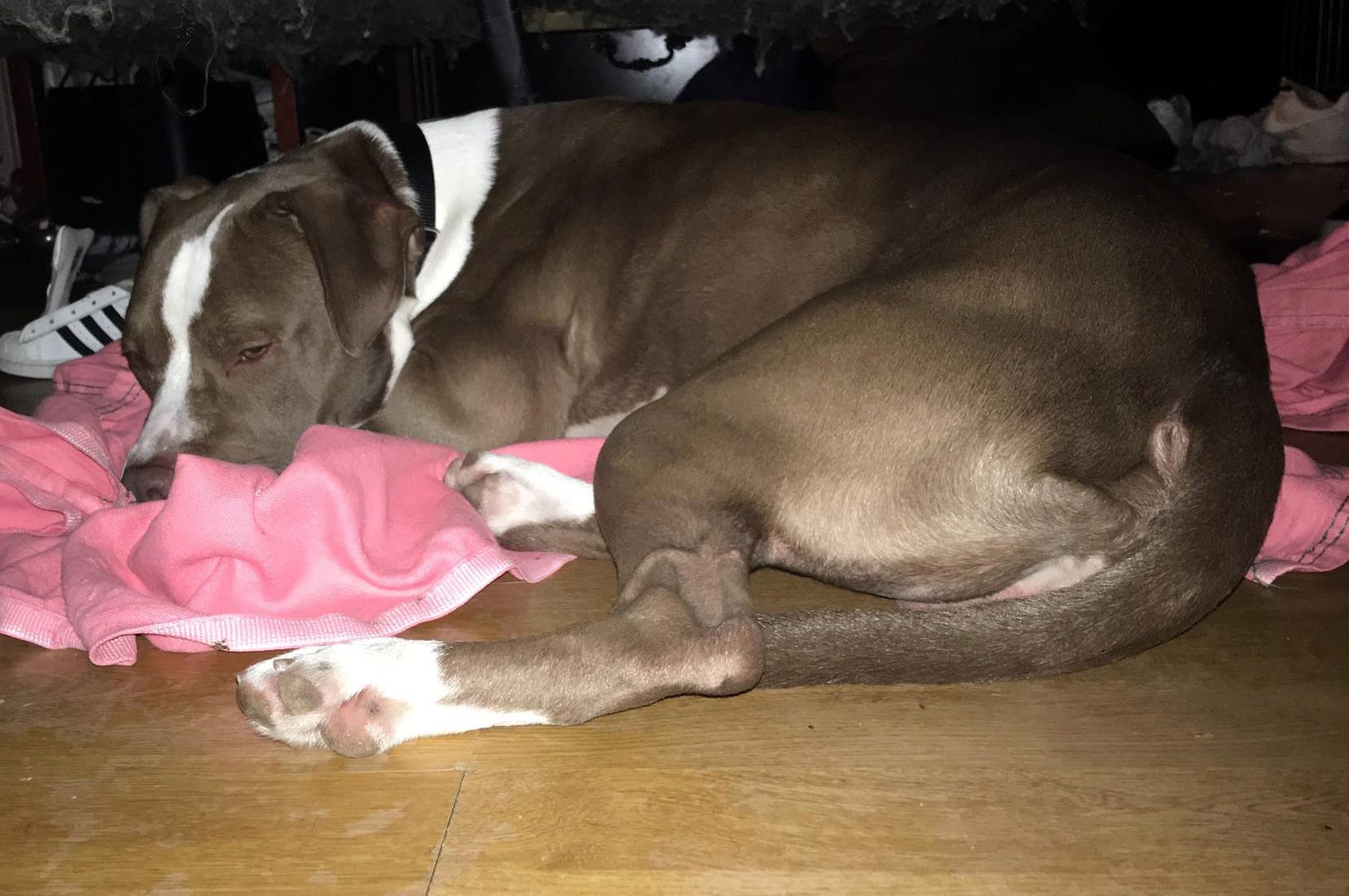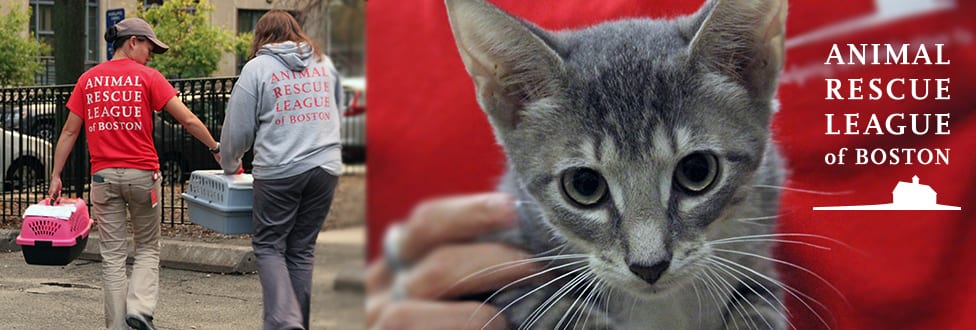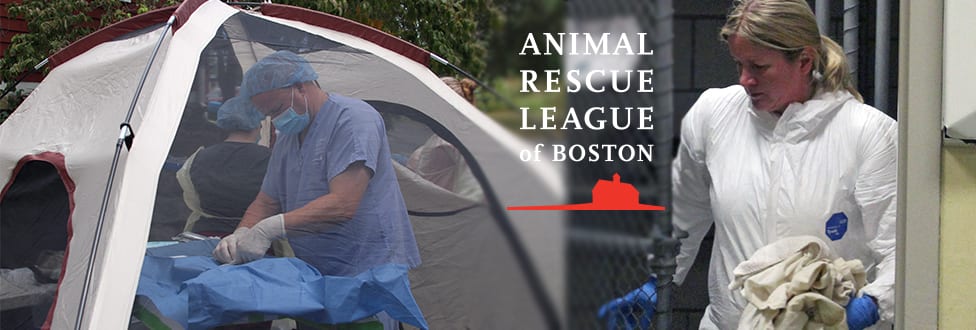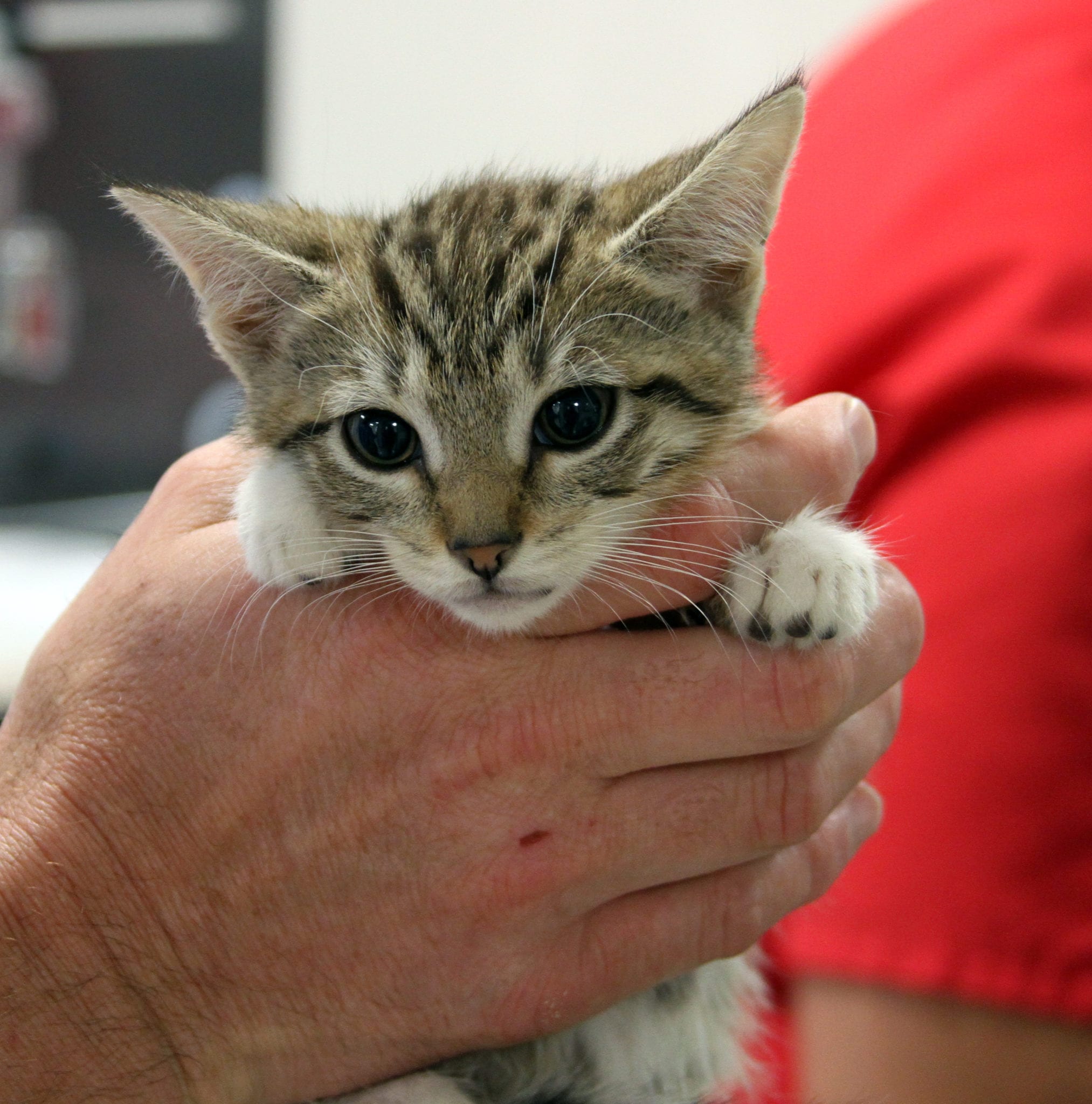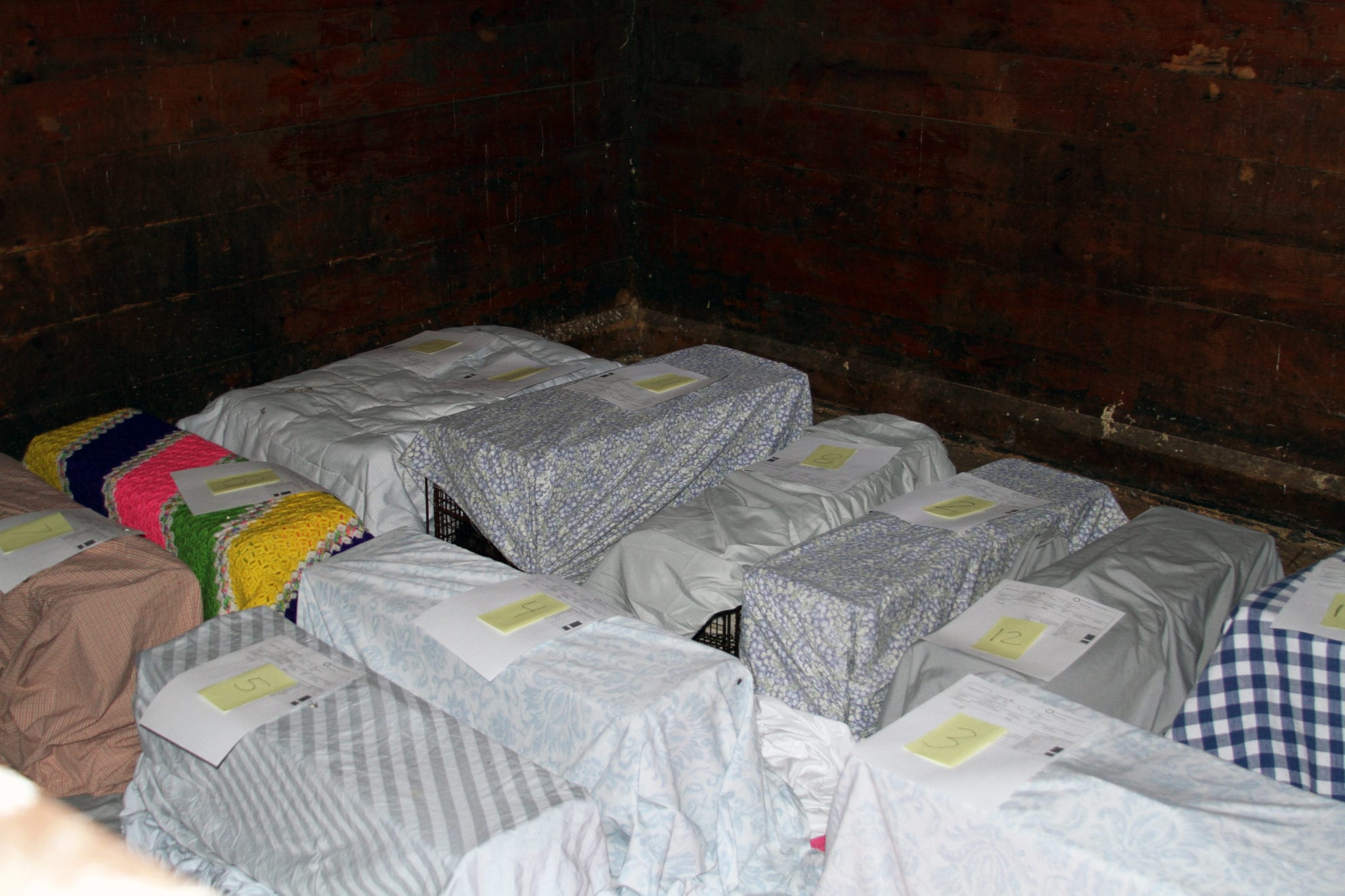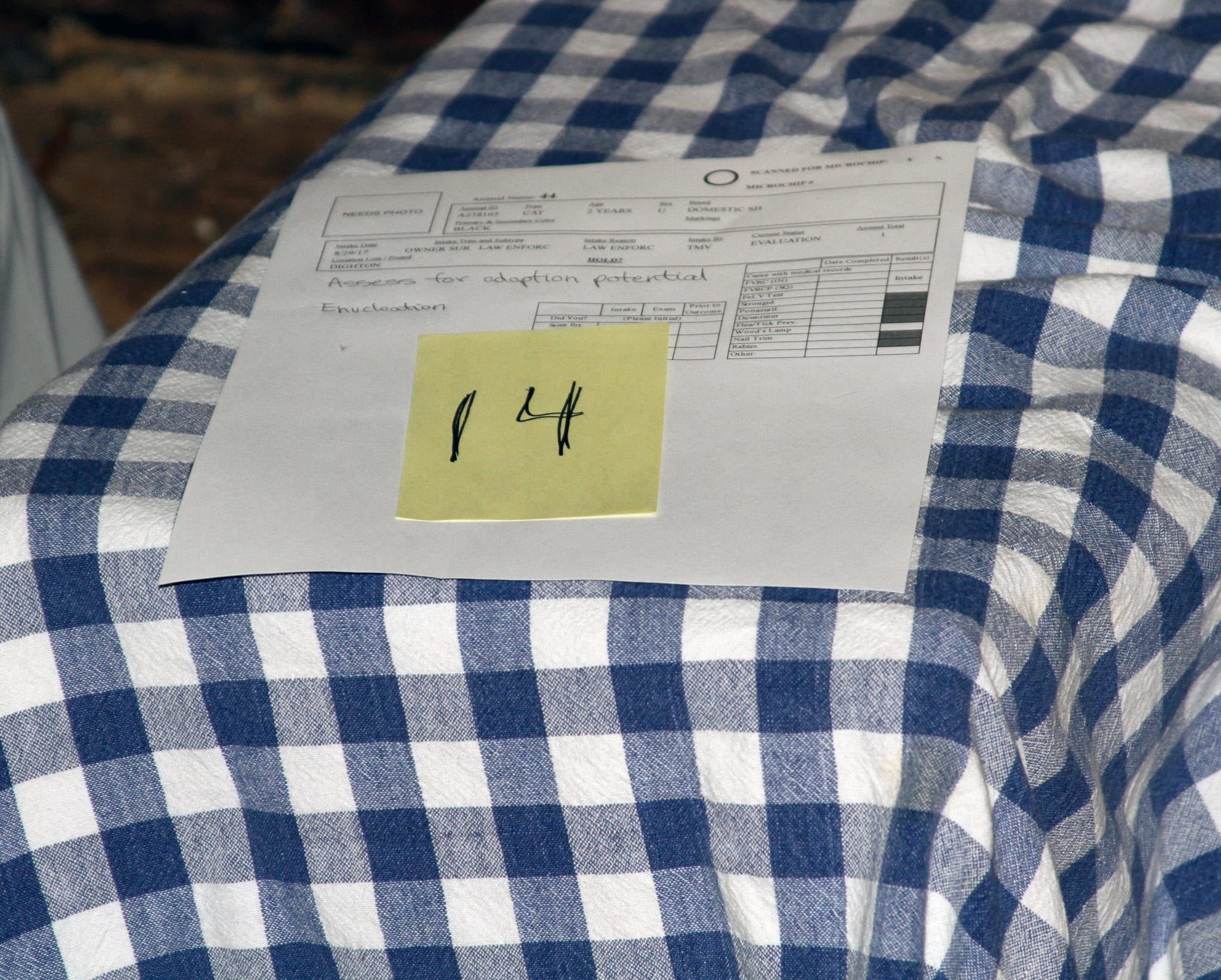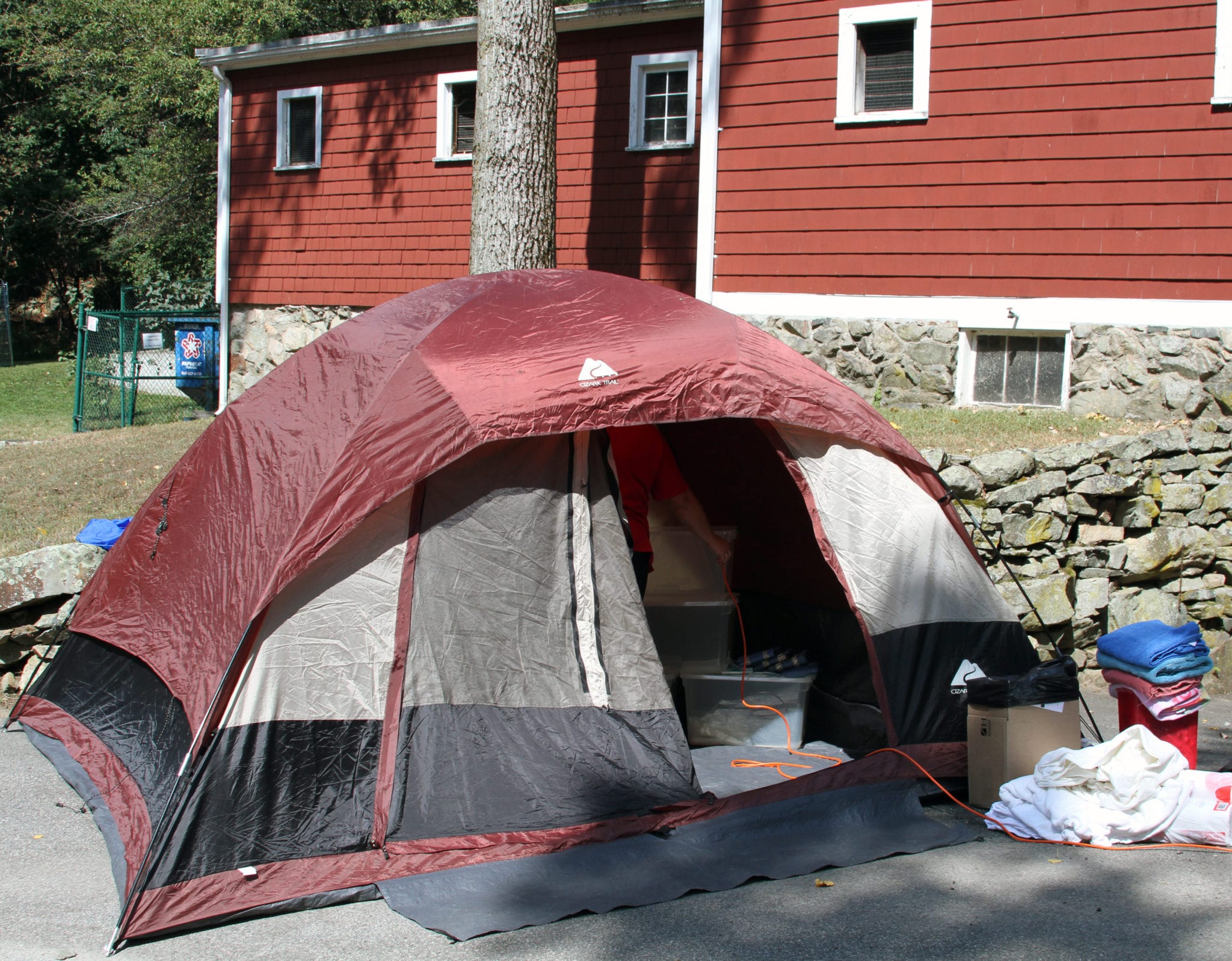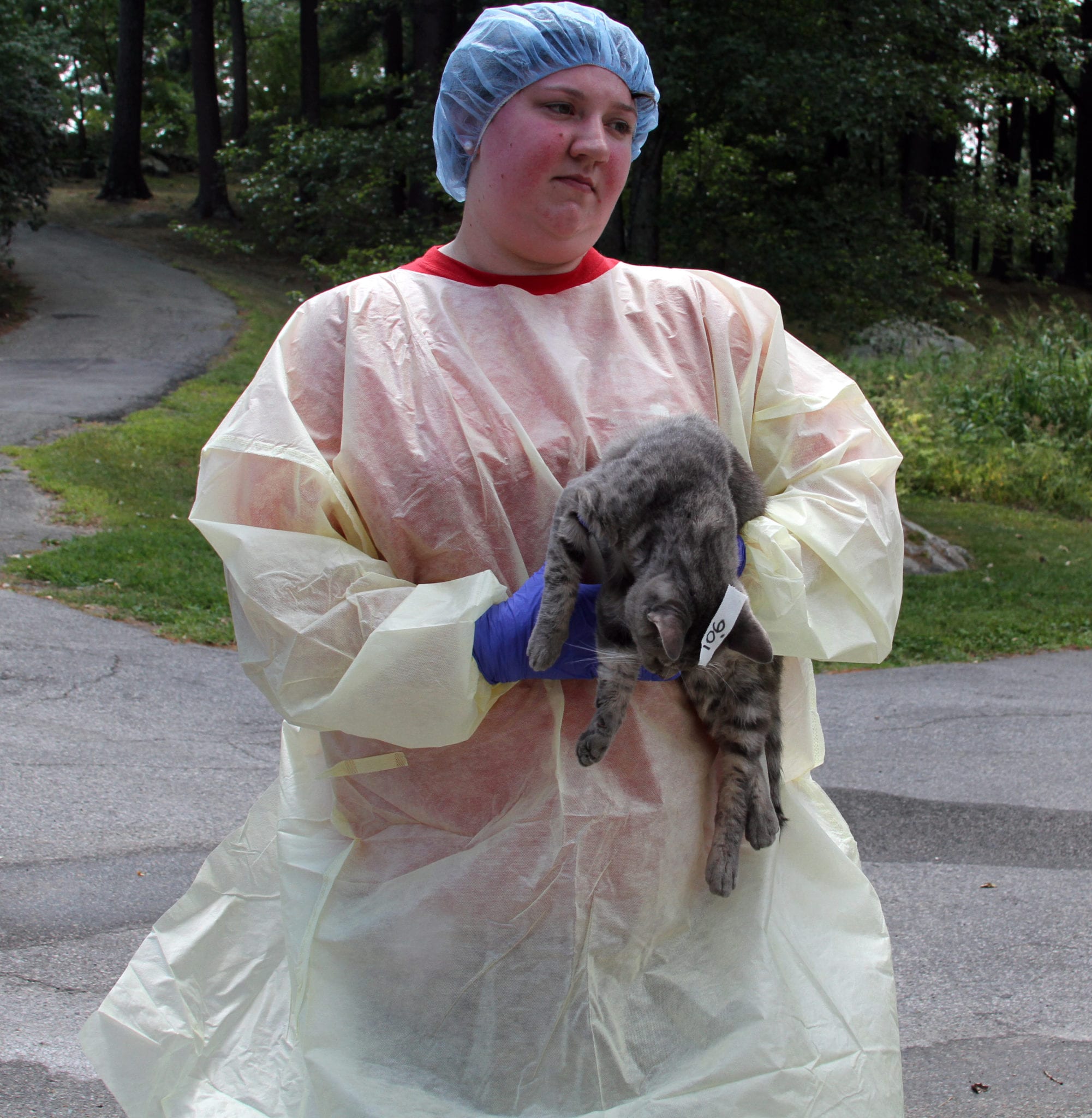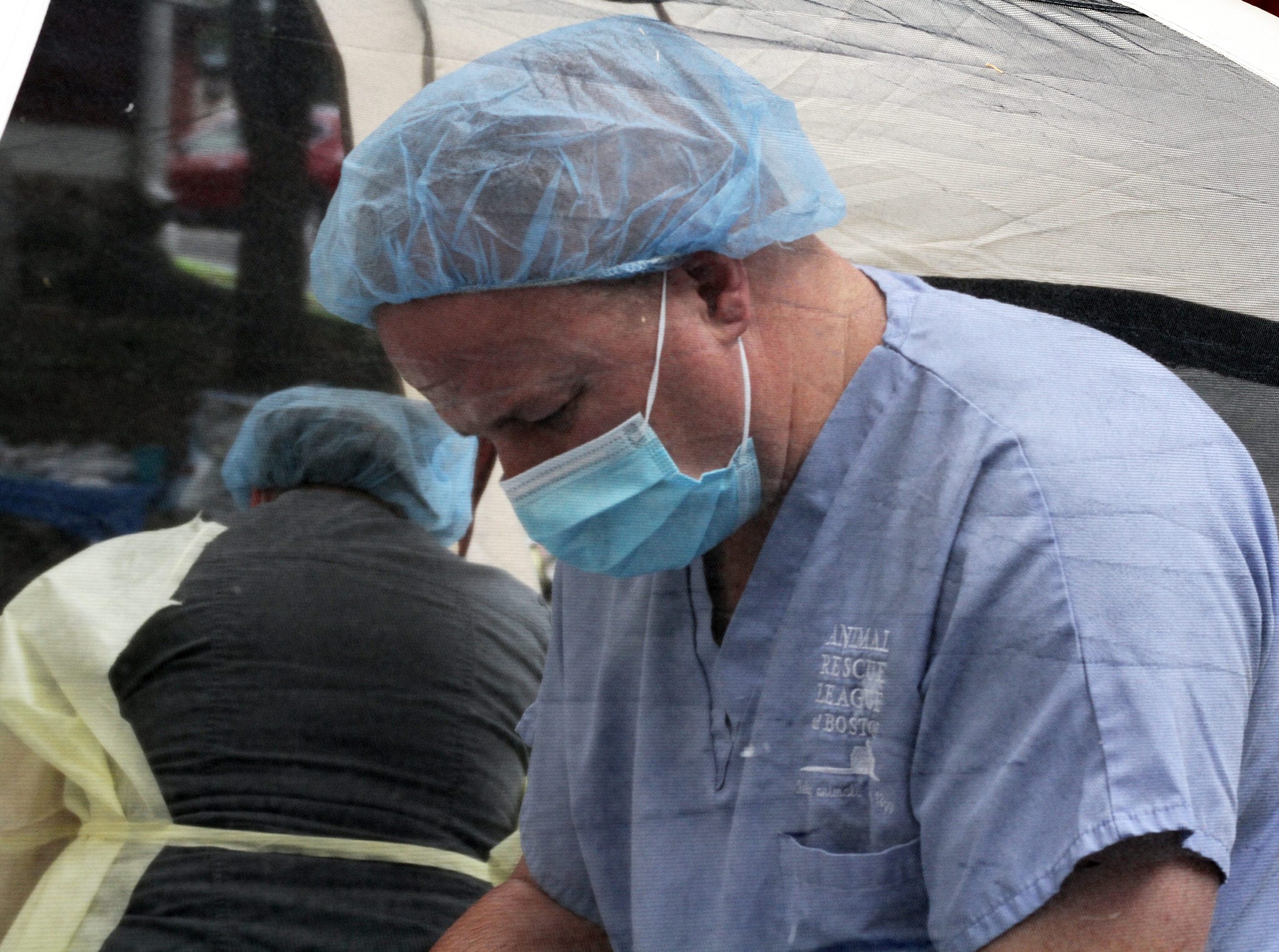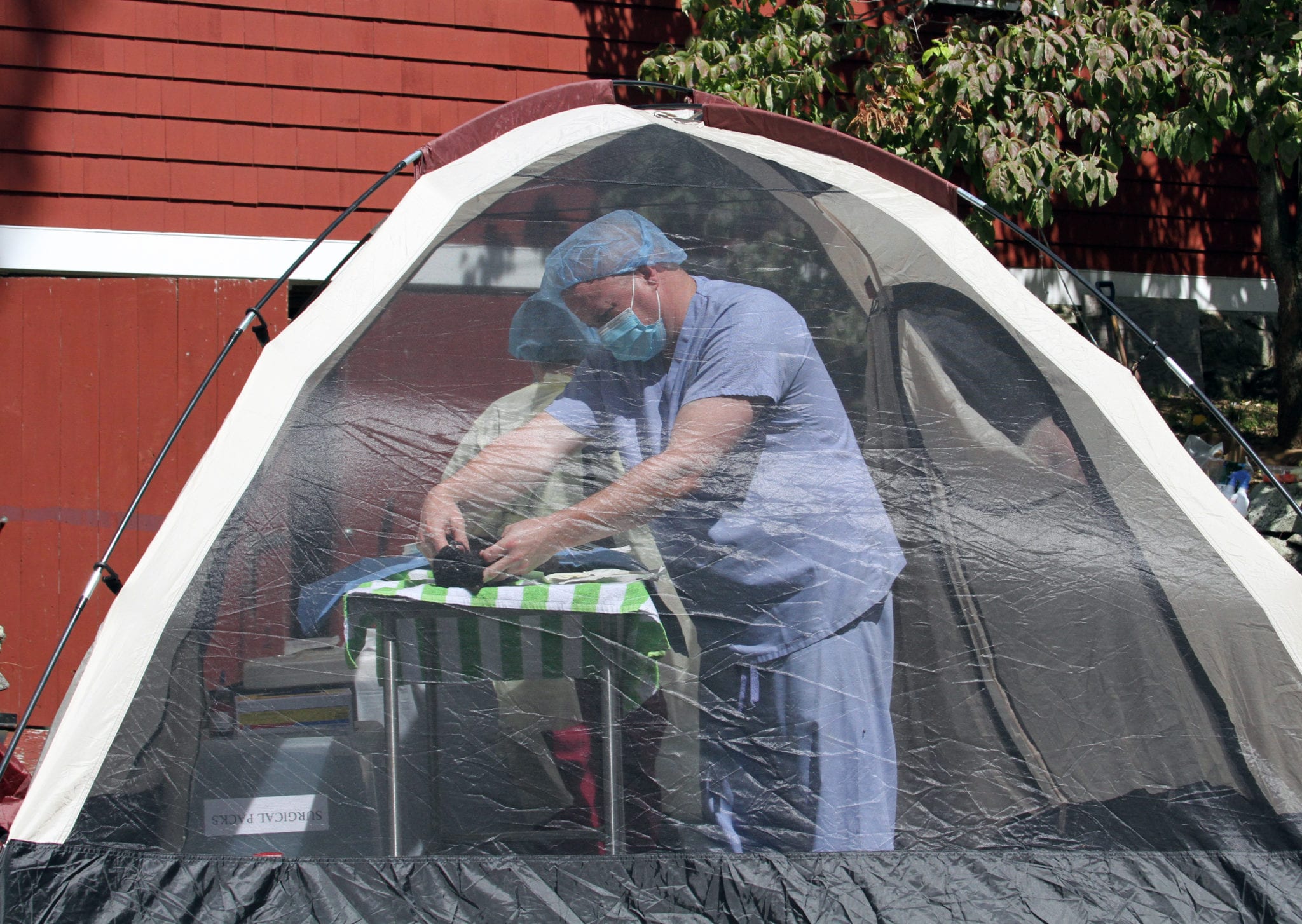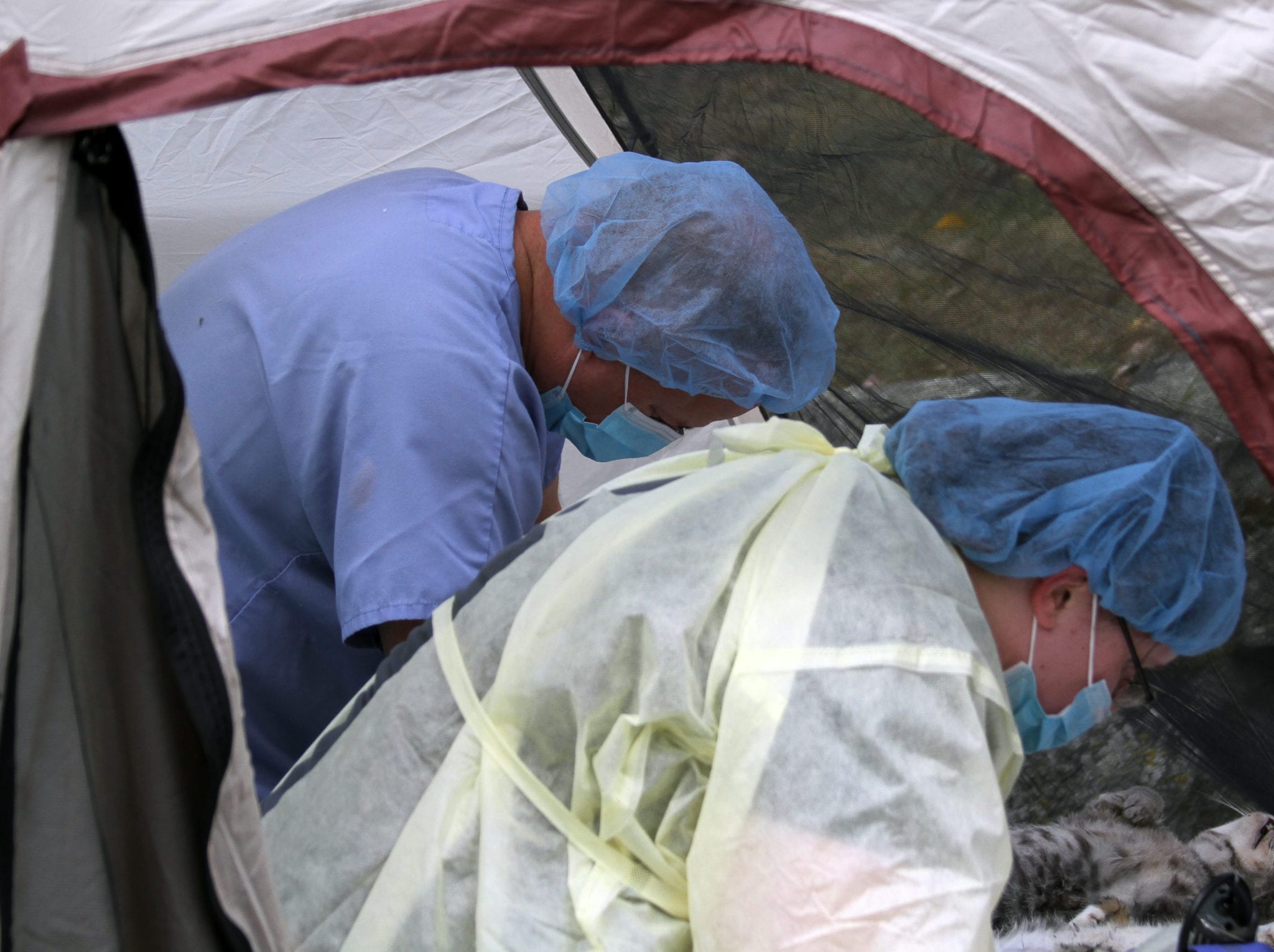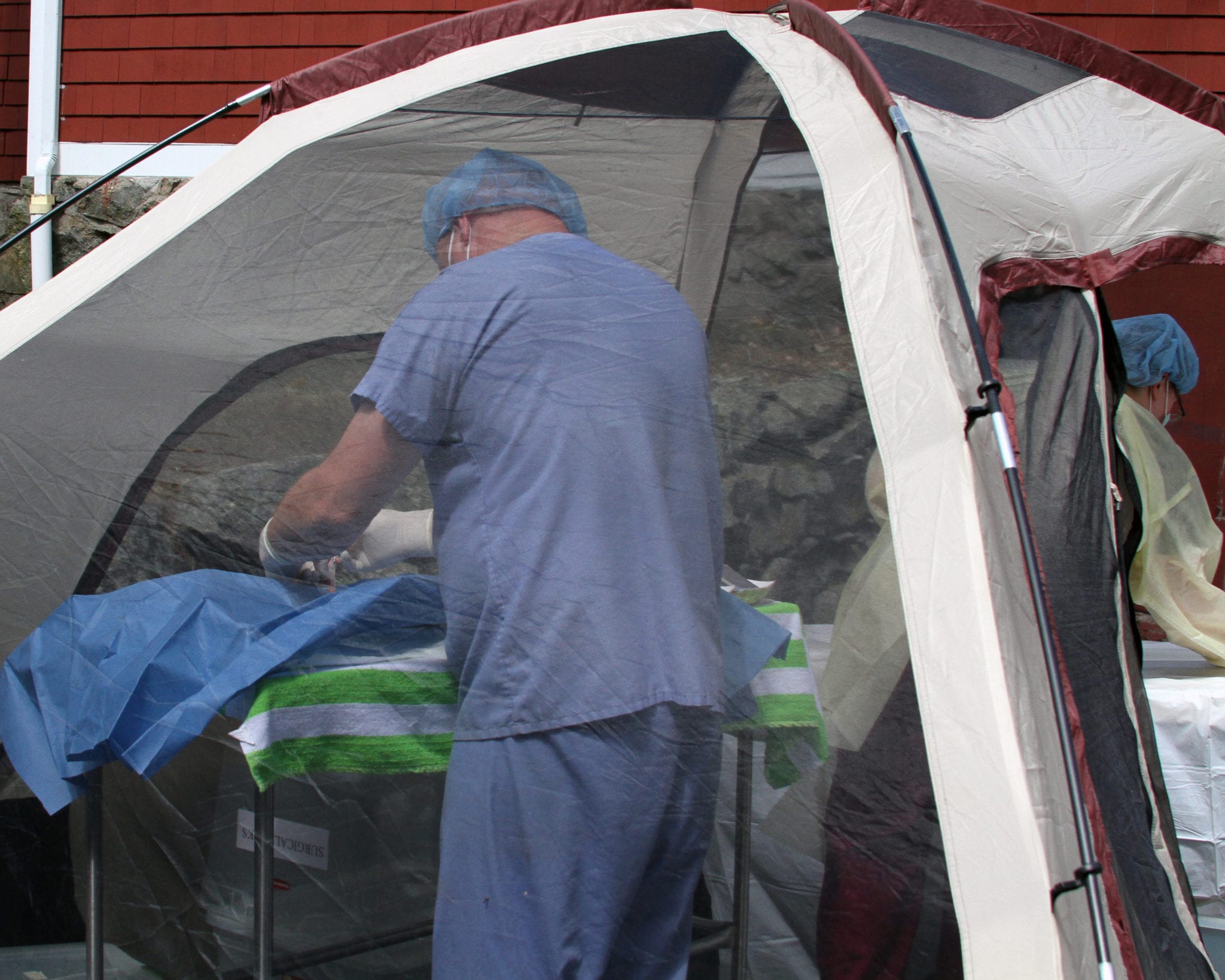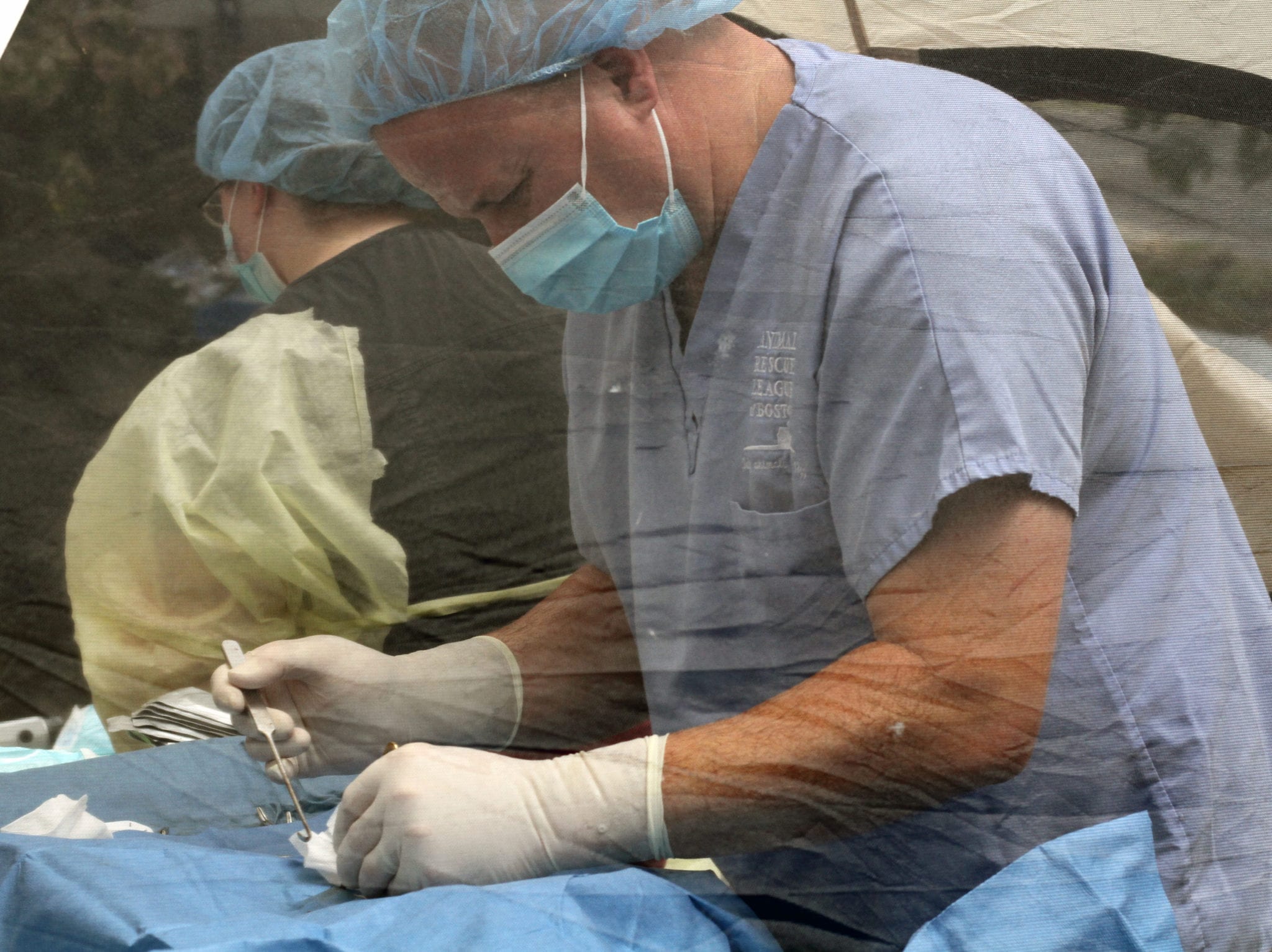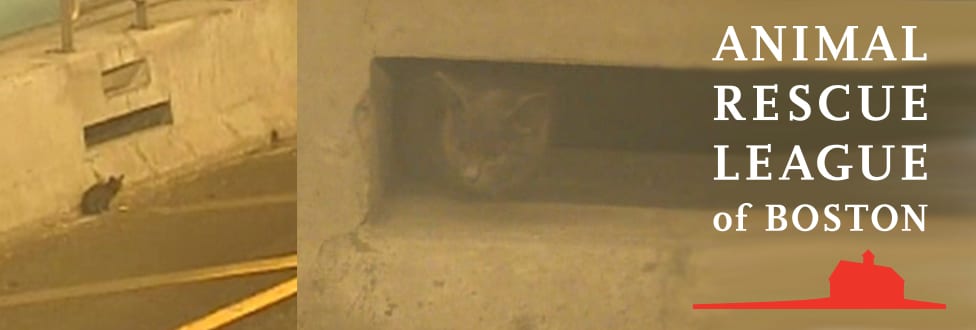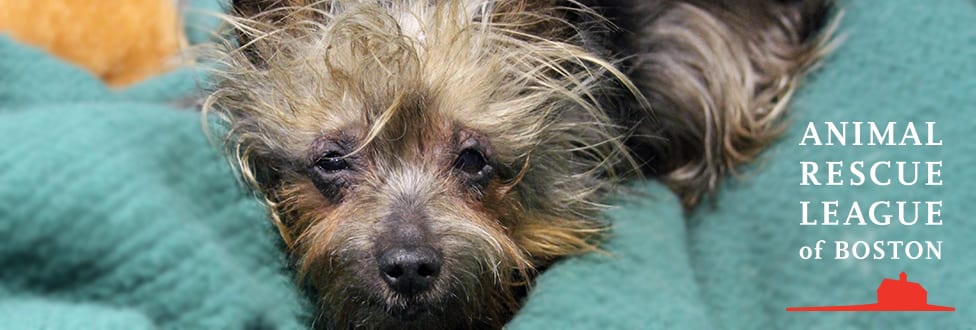An Early Holiday-Season Miracle
Abandoned Kitten Brought Back from Brink of Death
‘Tis the season of miracles, and the Animal Rescue League of Boston (ARL) recently witnessed one in the form of an 11-week-old kitten who was found on the campus of Mount Ida College.
Mount Ida employees had recently contacted ARL Rescue Services after seeing a mother cat with her litter around one of the campus buildings. Separate trips to the campus yielded no results in finding the kitty family; however about a week later, employees heard a kitten in a basement stairwell crying for help. Attempting to aid the kitten, he got spooked, and scampered off into the darkness.
Scared, dehydrated, hungry, and alone after being abandoned by his mother, the kitten curled up in the corner of the basement to die. When ARL arrived on-scene, the kitten was seemingly lifeless (the responding agent even checked for rigor mortis), when suddenly the kitten gasped for breath. He was alive — barely — and it was now a race against the clock to save his life. Thankfully the campus sits just five miles from ARL’s Dedham Animal Care and Adoption Center.
Emergency Measures
Upon arrival in Dedham, his temperature did not register via rectal thermometer, he was taking agonal breaths — the body’s last-ditch effort to deliver oxygen to vital organs — and had a faint heartbeat.
ARL’s shelter and community veterinary staff placed the kitten (later named Lawrence) on a towel wrapped in a heating pad to warm him up, then were able to place an IV catheter in him to deliver subcutaneous fluids and dextrose. Despite having a series of seizures (likely related to low blood-sugar levels), over the next few hours the kitten gradually pepped up and eventually was able to eat.
A Life Saved
Lawrence has been making steady progress, and the grit and toughness shown by this little miracle has been awe-inspiring to everyone involved in the collaborative life-saving effort.
“The way he has responded is remarkable,” said ARL Veterinarian Dr. Kate Gollon. “It’s a nice reminder how resilient many animals are if you simply give them the basics — water, warmth, food, and a little TLC. It’s definitely been one of the most rewarding cases in my career as a veterinarian.”
YOU Make our Work Possible
While still on the mend, Lawrence is amazingly friendly and will likely be ready to find a forever home in time for the holidays! Without your support, this heartwarming outcome may not have been possible. ARL receives no government funding and relies solely on the generosity of individuals to be an unwavering champion for animals.
If you support ARL now, your contribution can be tripled! ARL is thrilled to be a part of the launch of HippoGive — a new app powered by Network for Good which makes donating simpler. HippoGive will match up to $100 of your gift so now through #GivingTuesday, your gift can be tripled when combined with our match!
